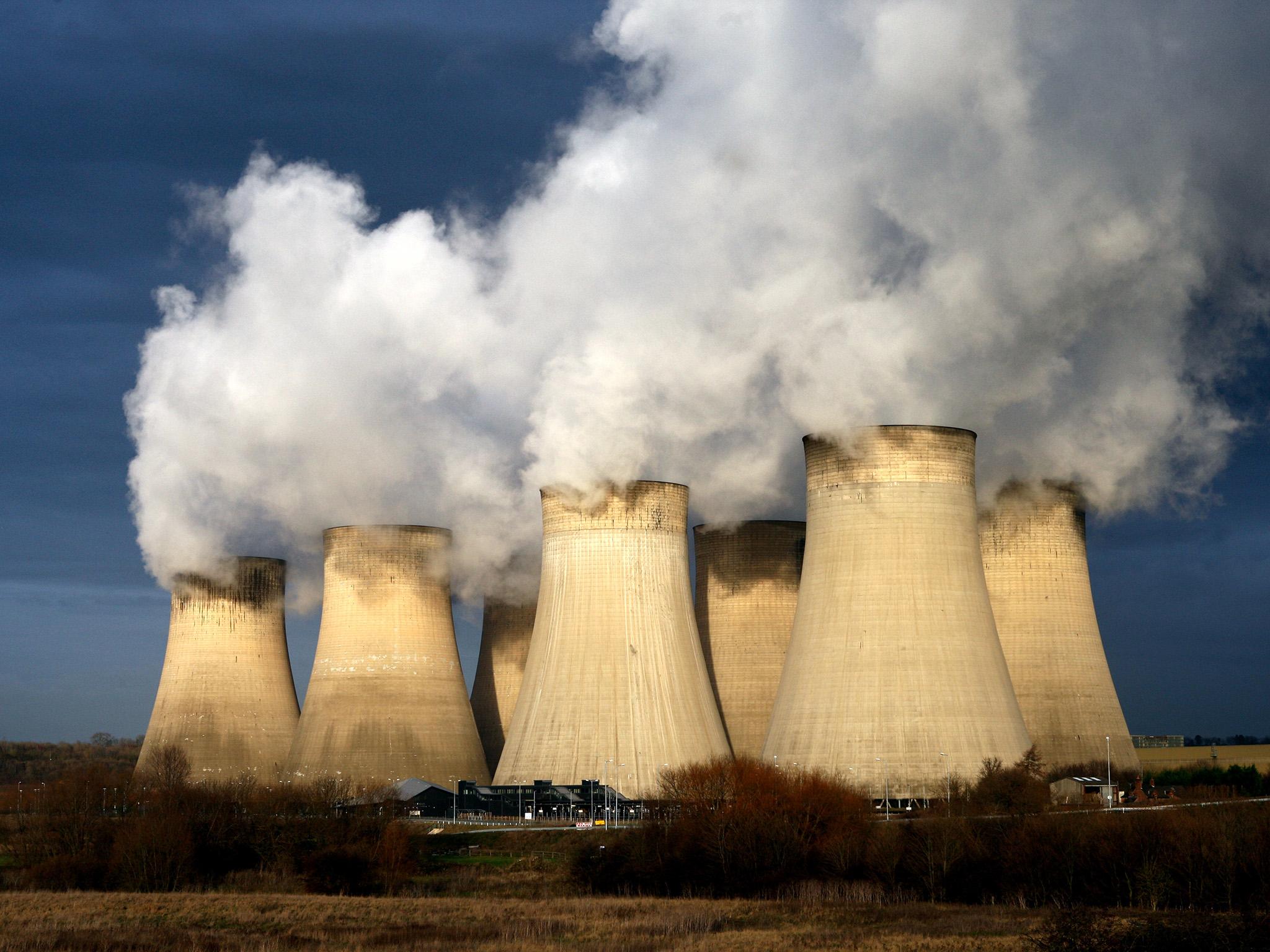UK vows to close all coal power plants by 2025
UK will 'champion a global alliance' on a transition to coal-free power generation

Your support helps us to tell the story
From reproductive rights to climate change to Big Tech, The Independent is on the ground when the story is developing. Whether it's investigating the financials of Elon Musk's pro-Trump PAC or producing our latest documentary, 'The A Word', which shines a light on the American women fighting for reproductive rights, we know how important it is to parse out the facts from the messaging.
At such a critical moment in US history, we need reporters on the ground. Your donation allows us to keep sending journalists to speak to both sides of the story.
The Independent is trusted by Americans across the entire political spectrum. And unlike many other quality news outlets, we choose not to lock Americans out of our reporting and analysis with paywalls. We believe quality journalism should be available to everyone, paid for by those who can afford it.
Your support makes all the difference.The UK has committed to a programme that will phase coal out of all electricity generation by 2025.
Canada has also said it will close its coal power stations by 2030, and both countries are urging others to put a stop to coal-powered energy generation.
The commitment follows an earlier pledge by Amber Rudd to phase out coal by 2025.
It was “perverse” and “simply not sustainable” for Britain to be so dependent on the “dirtiest fossil fuel”, she said in a speech in November last year.
The government’s new vow comes five months after it was discovered ministers were considering allowing coal-fired power stations to continue to operate if they could reduce their emissions by a certain amount using carbon capture and storage technology.
Coal provided the UK with 9 per cent of all power generation in 2016, down from 22 per cent in 2015.
On 21 April 2017, Britain went a full day without using coal power for the first time since the industrial revolution.
The number of coal power stations in Britain has dwindled in recent years with the closure of three power stations last year at Rugeley, Ferrybridge and Longannet.
Meanwhile wind farms and solar parks have proliferated across the country as a result of green subsidies, falling costs and the UK’s legally binding targets to cut greenhouse gases by a minimum of 80 per cent from 1990 levels by 2050.
The firm commitment to end coal in the UK follows a meeting between Canada’s minister for the environment Catherine McKenna and UK climate minister Claire Perry met at the Houses of Parliament in London.
The pair released a joint statement calling for an end to the use of coal.
“Phasing unabated coal power out of the energy mix and replacing it with cleaner technologies will significantly reduce our greenhouse gas emissions, improve the health of our communities, and benefit generations to come,” the statement said.
“We are doing our part, but we recognise the need to accelerate the international transition from burning coal to using cleaner power sources.”
“Today, we announce that Canada and the UK will champion a global alliance on the transition from unabated coal-fired electricity.”
The term “unabated” references the earlier consideration of using carbon capture and storage techniques to keep a small amount of coal power generation remaining, which will now not be used.
Join our commenting forum
Join thought-provoking conversations, follow other Independent readers and see their replies
Comments